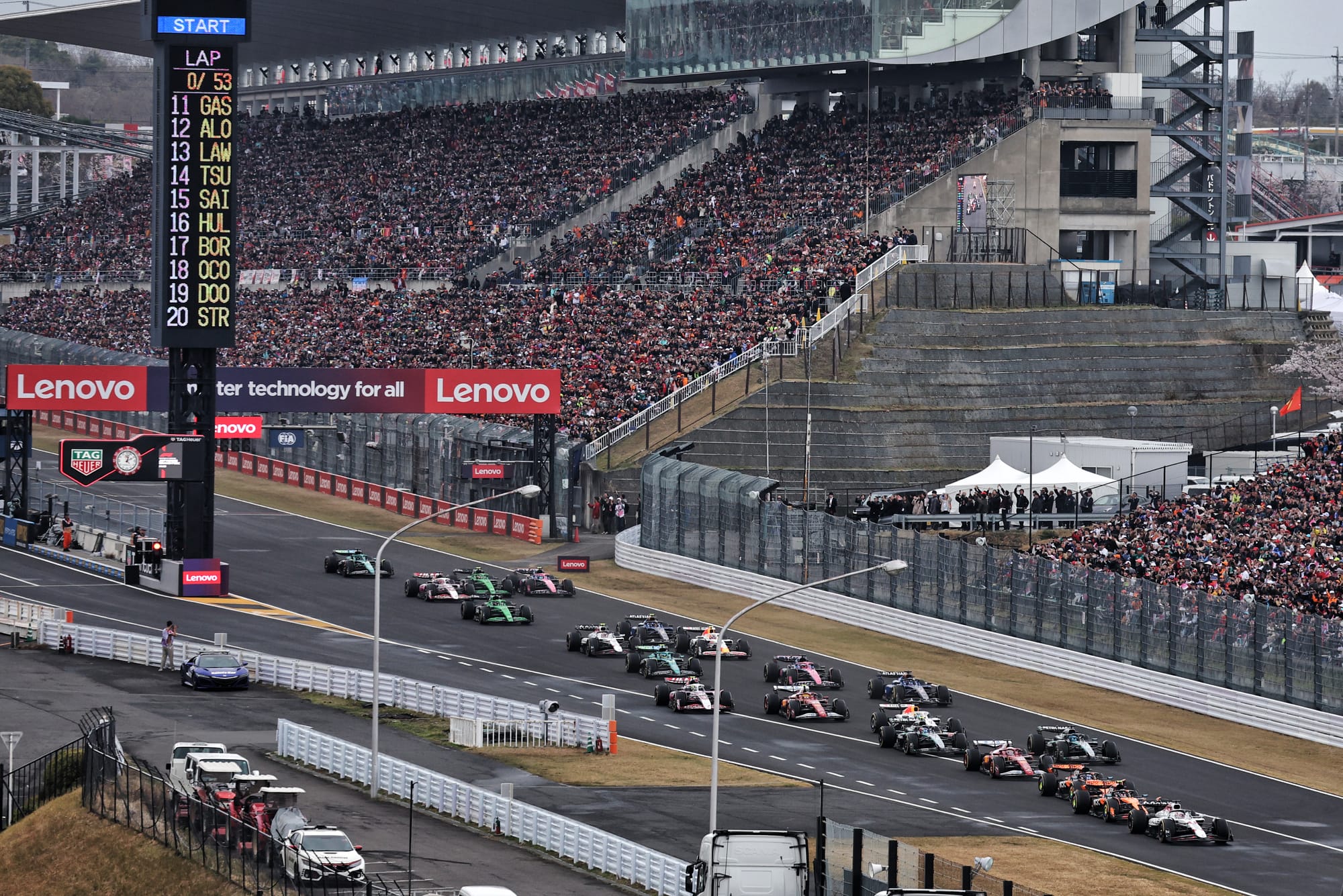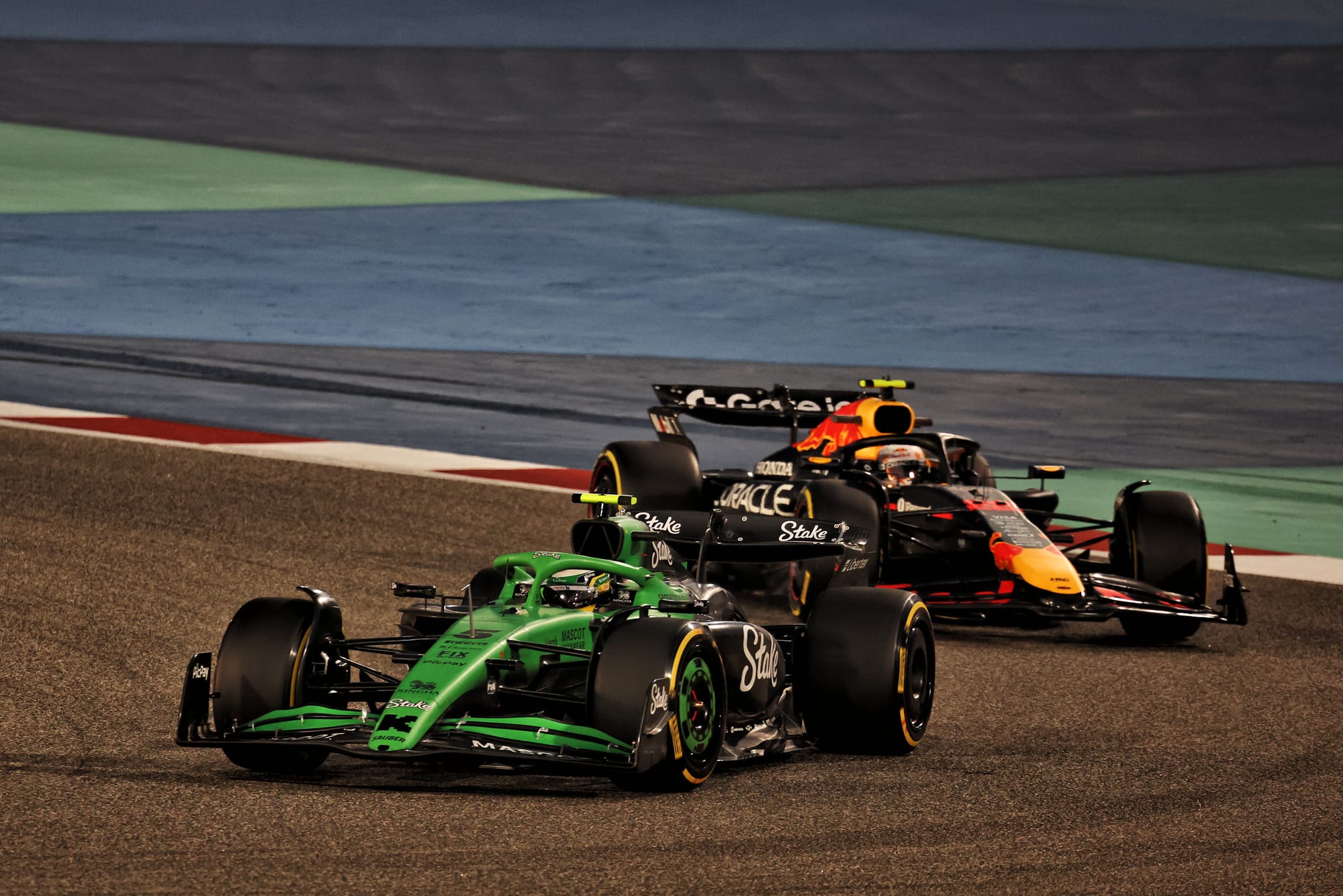Where F1's next engine stands after V10 snub
There's now no immediate prospect of a return to V10 or V8 engines in F1 - but alternatives to the new 2026 turbo hybrid are still being eyed
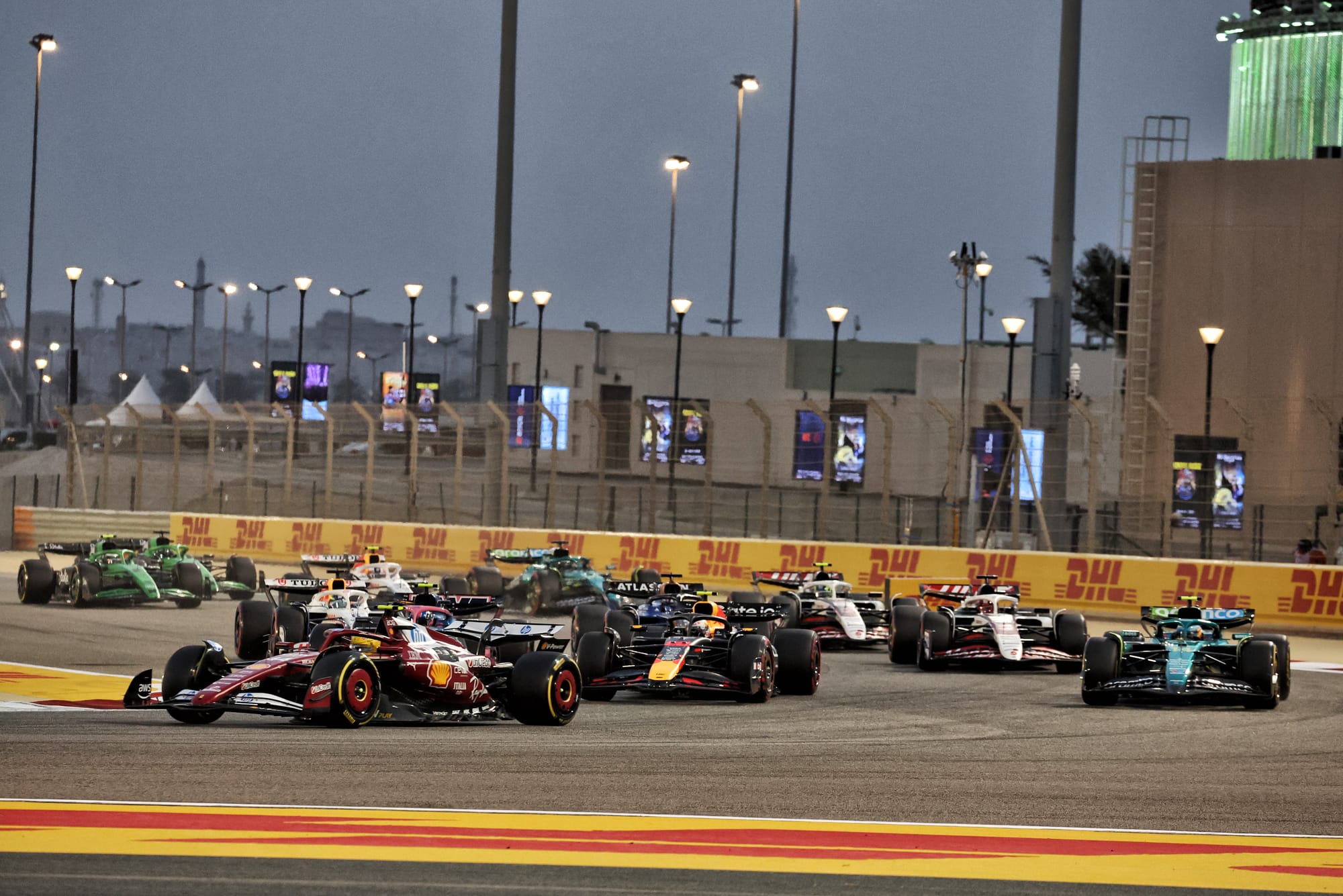

Formula 1 manufacturers may have rejected an early switch to V10 engines for now, but the move to something different remains on the table for 2029.
FIA president Mohammed Ben Sulayem gathered F1's carmakers together for a meeting ahead of last weekend's Bahrain Grand Prix to discuss the future direction for engine rules amid concerns about the next generation of turbo hybrids coming for next year.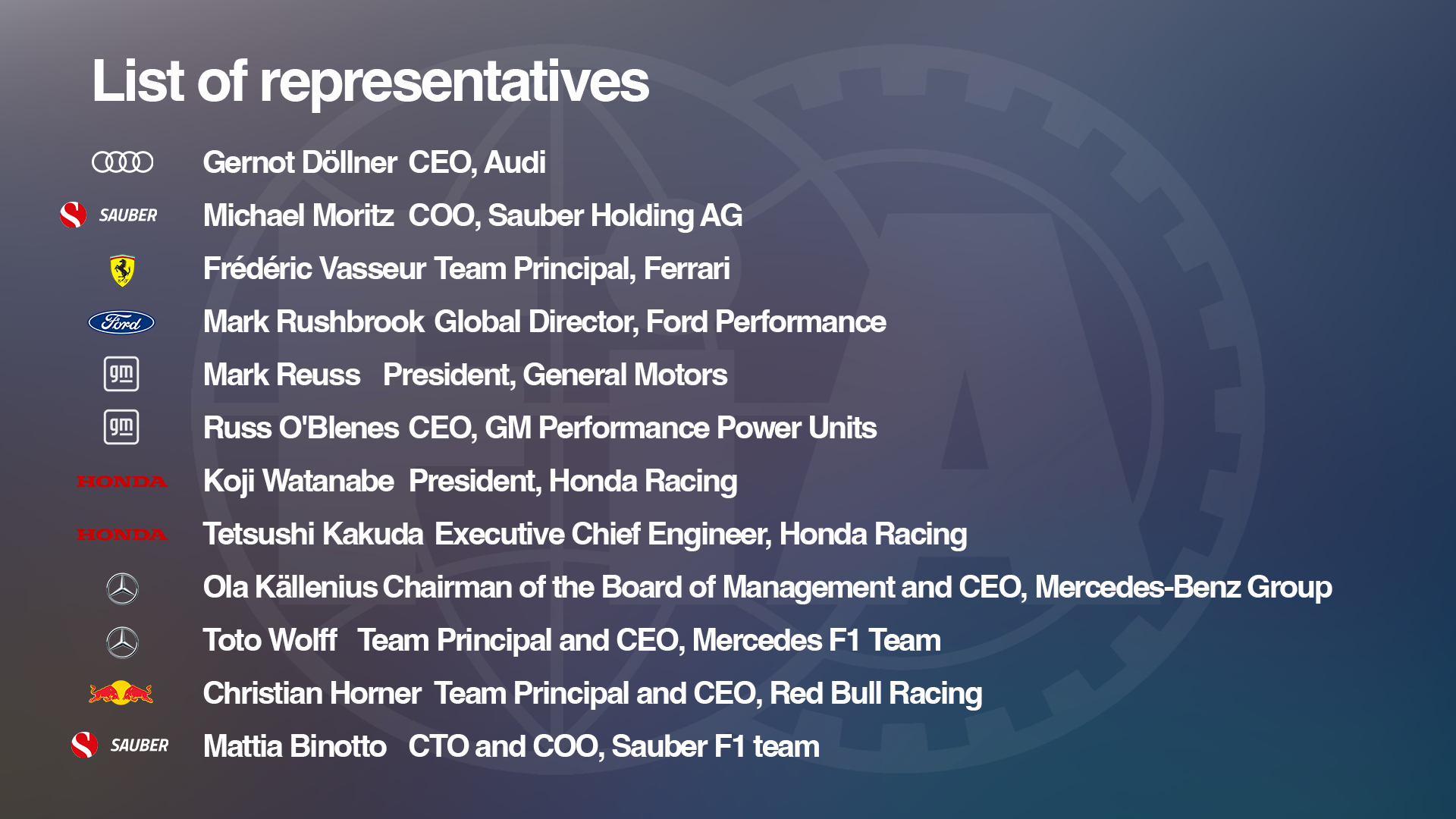
The huge development costs of the power units, allied to worries that the racing may suffer because they are going to be energy-starved, triggered a push by the FIA to evaluate whether a switch to a simpler engine such as a V10 run on fully sustainable fuel should come for 2028.
That idea was batted away by F1's manufacturers, who instead have agreed that some tinkering to the next ruleset - regarding homologation and sporting regulations - is the best plan for the short term.
With opinions clearly divided about how long F1 should give the next rules cycle - some remain happy to wait until 2031 - no consensus has emerged about when the next change should happen nor what it should be to.
However, The Race has learned that the FIA is eyeing a switch for 2029, and has some clear ideas about what the next F1 engine should deliver.
The specific details about it being a V8 or V10 are something to be agreed with manufacturers later (with the V8 the more likely option), but there are some key targets that are being focused on.
The primary one is a reduction in spending. The Race understands that the FIA has created an outline of measures that it believes can dramatically slash expense - it anticipates those can reduce costs by 60-65% compared to the 2026 power units.
Some of this will come from the future engines being less complex, but also through changes like more standard parts or mandated cheaper materials - such as aluminium pistons.
There will also be a move away from such a heavy reliance on complicated and expensive battery technology.
The idea for the 2029 engine proposal is for the power split between the ICE and battery to shift from the 50/50 on the table for next year to a 90/10 balance.
A simpler KERS and smaller batteries will be much more cost-efficient, will not leave cars in economy drives like they may be next year, and will also have an impact in reducing car weight - which remains a hot topic in F1.
Early estimates suggest that the outline proposal for the next generation power unit can pitch it to be around 80kg lighter than what is coming for next year.
The weight factor is something that counts against V10s, too, because they are obviously heavier than V8s - and also require more fuel, which has a big impact on car mass at the start of a race.
The timeline for a decision
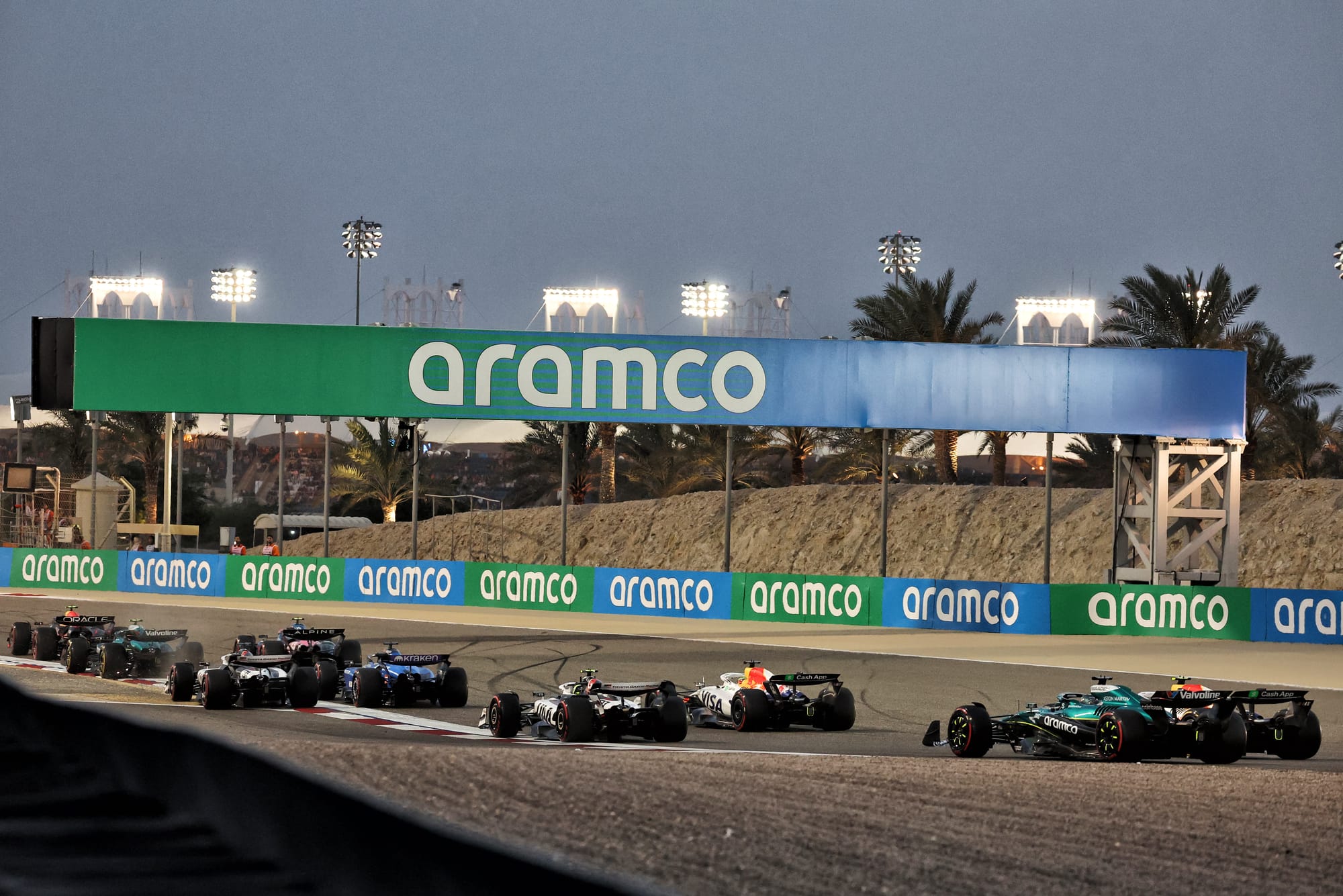
In terms of the decision-making process about a potential switch of engine, it is understood that everyone will now wait to see how the 2026 rules play out before there are further serious discussions about what F1's engine rules roadmap should look like.
If the next turbo hybrids help deliver good racing and all the early fears about a negative impact on the sporting spectacle are eased, then there seems little reason to rush a change before 2031.
However, if the grid is blown apart next year, or the racing is ruined by the new regulations, then that will likely accelerate moves to go for something different as soon as possible - with 2029 the earliest realistic possibility.
Mercedes F1 boss Toto Wolff reckoned that holding fire until the 2026 rules had bedded down was the right approach.
"That's exactly what we need to do," he said, when asked by The Race for his views on the situation. "Push the pause button, see how next year goes. The engines are sophisticated, and Formula 1 engines with 50% electric are super-challenging.
"But at the same time, if that goes well and flies, we're trailblazers in the auto industry.
"So let's look at the next regulatory cycle; what kind of engines we believe are road relevant, number one. And number two, which engines are best for the show.
"That is always going to be the prevailing factor. Contrary to what you think, road relevance for a big car manufacturer is the main thing, but the show has an equal weighting in our decision. So we're open-minded about what that could be."
Audi has previously been against the move to a V10 engine because it was wholly committed to the 2026 regulations.
But its stance appeared softer in Bahrain last weekend as it said there were three criteria that were essential for its continued participation in F1.
Team principal Jonathan Wheatley said: “Audi is very clear about its position. The reason they've got involved in the sport is the excitement around the three pillars that we see as really important: the first one being a highly efficient engine, the second one being an advanced hybrid system, and of course, sustainable fuels being the bedrock of that."




































































